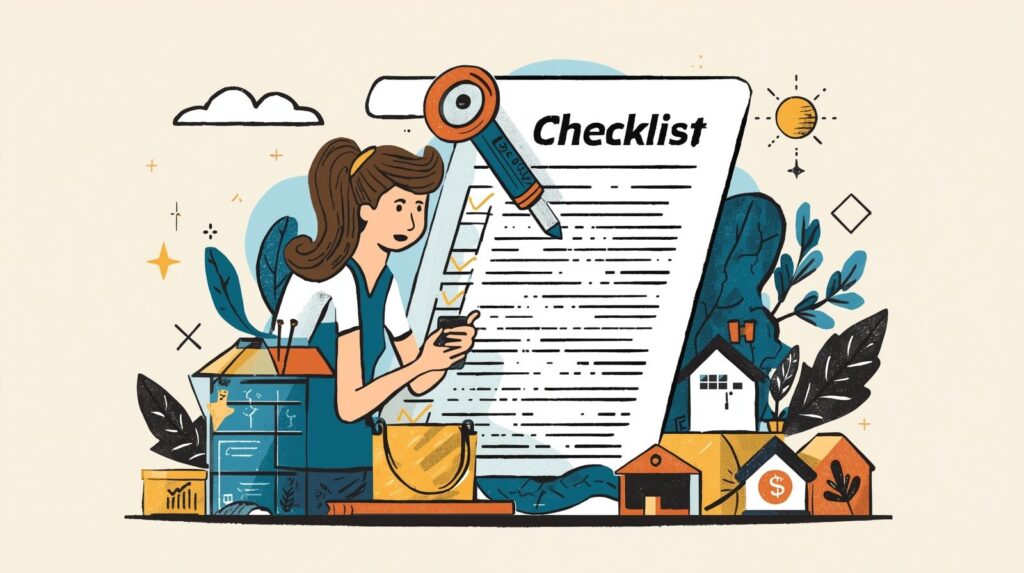
The idea of buying a digital business is becoming more attractive than ever. Instead of starting from scratch, investors are purchasing ready-to-run online ventures—complete with websites, traffic, and revenue streams.
But not every listing you see is a goldmine. Some are polished on the surface but shaky underneath. Before signing that deal, you need a clear, structured checklist to ensure you’re buying something truly valuable.
Let’s break it down step by step.
Why Buying a Digital Business Can Be a Smart Move
Investing in a digital business saves time, effort, and risk compared to building one from zero. You’re essentially buying proven systems, existing traffic, and brand equity.
According to Flippa’s Market Insights, digital business sales grew over 60% in the past three years—especially for content sites, SaaS startups, and e-commerce brands.
👉 Related reading: Digital Brand Experience: How to Build Customer Loyalty Online
Still, just like offline businesses, not all digital assets are worth the asking price. That’s where a due diligence checklist becomes your best friend.
1. Verify the Revenue and Traffic Sources Before Buying a Digital Business
Before anything else, verify the data. Ask for screenshots, Google Analytics access, and financial statements.
- Check if traffic is organic or mostly from paid ads.
- Look for consistent revenue (not just one lucky month).
- Watch out for sudden traffic spikes—they may signal bot traffic or temporary trends.
Tip: Use tools like SimilarWeb or Ahrefs to verify website stats independently.
2. Assess the Business Model of a Digital Business Before You Buy
Every digital business runs differently. Some rely on affiliate commissions, others on product sales or subscriptions.
Ask yourself:
- Is the model sustainable long term?
- Can it scale easily with your skills and resources?
- Does it depend on a single traffic source or customer segment?
Remember—simplicity often means stability.
3. Review the Online Reputation Before Buying a Digital Business
A digital business is only as strong as its reputation. Check reviews, social media presence, and mentions.
Run a quick Google search:
"Brand name" + reviewsor"Brand name" + scam
This can reveal hidden red flags like customer complaints or fake testimonials.
Also, analyze the brand’s digital brand experience — consistency in tone, visuals, and customer engagement across platforms.
4. Analyze Operational Workload
You might be buying freedom, but not all digital businesses are hands-free.
Ask the seller:
- How many hours per week does it take to maintain operations?
- Are there freelancers or virtual assistants involved?
- Which tasks are automated?
A great business should fit your lifestyle, not consume it.
5. Evaluate SEO and Content Quality
Good SEO equals long-term revenue. Dive deep into:
- Keyword rankings and backlinks
- Content originality and freshness
- Domain authority and site speed
Use tools like Google Search Console or Ahrefs to analyze performance. Low-quality backlinks or plagiarized articles can hurt future growth.
6. Inspect Legal and Ownership Documents
Never skip this. Make sure the seller legally owns all digital assets—domain, brand name, trademarks, and mailing lists.
Request:
- Proof of ownership (domain registrar access)
- Transfer agreement
- Non-compete clause to prevent the seller from creating a copycat site
It’s worth spending a bit on a digital business lawyer here.
7. Review Customer Base and Retention
If it’s an e-commerce or SaaS business, check customer data carefully.
- What’s the retention rate?
- How many repeat customers do they have?
- Are email lists GDPR compliant?
Happy customers mean stable income.
8. Understand the Seller’s Motivation
Why are they selling?
Sometimes, sellers are moving on to new ventures—but sometimes, they’ve hit a wall.
Ask politely but directly. Transparency builds trust.
9. Plan Your Transition Strategy
Once the deal closes, you’ll need a transition plan. Ask for:
- Step-by-step operation documentation
- Training or shadowing for 1–2 weeks
- A grace period where the seller can help with questions
Smooth transitions prevent customer drop-offs and operational chaos.
10. Don’t Skip Professional Due Diligence
Before you invest thousands of dollars, consider hiring experts to audit the business.
- Financial audit: verify profits and expenses
- Technical audit: check website health and hosting
- SEO audit: assess traffic quality
Yes, it costs money—but losing money on a bad purchase costs more.
Conclusion
Buying a digital business can be a smart, profitable move—if done right. Use this checklist as your compass before investing. Verify numbers, assess sustainability, and understand what you’re truly buying.
When you combine data with due diligence, you turn an online purchase into a solid, scalable investment.
